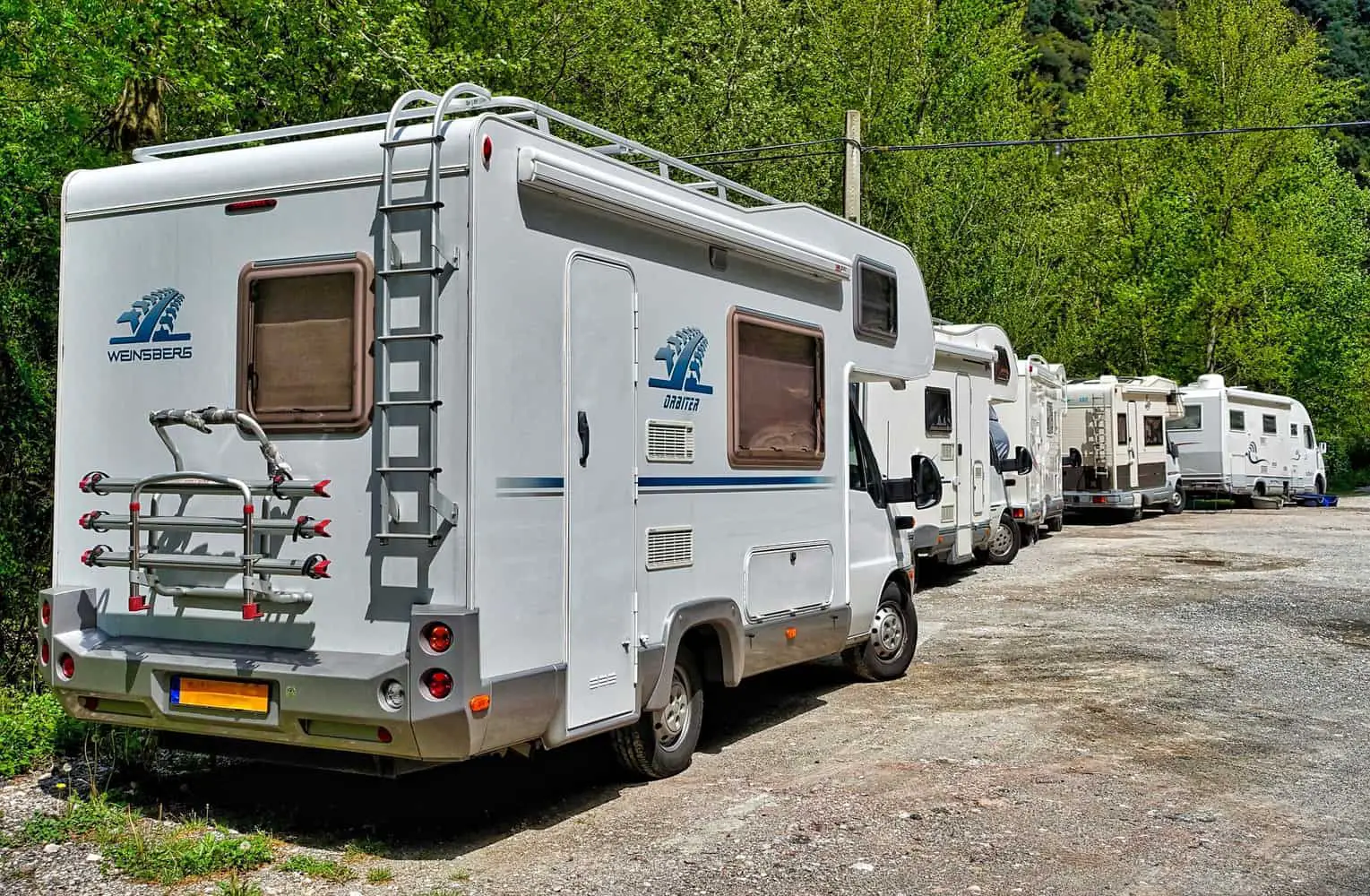To statisticians, RV stands for a Random Variable; to the military, it stands for the Rendezvous point; to insurers, it stands for Replacement Value; to musicians, it stands for Ryom-Verzeichnis or Ryom Verzeichnis; and to investors, it stands for Relative Value. RV is an acronym for many things, but it means it’s time for a holiday to the average American!
RV stands for recreation vehicle, representing access to the travel freedom and comfort, which only an RV can provide. Designed as mini houses on wheels, these self-propelling Motor Homes, Vans, Fifth Wheelers, and Travel Trailers are the dominant holiday vehicle for Americans.
To more than 11 million American households who own a Recreational Vehicle, the term RV boils down to a lifestyle choice of freedom and flexibility. Whether they are used for regular weekends away to a typical fishing spot or for cross-country adventures to experience what America offers, RVs provide a safe and convenient home away from home.
RV Stands For Recreation Vehicle
A recreation vehicle is a self-propelled or towed vehicle that is mobile and has accommodation facilities installed. Representing an industry worth more than USD$20 billion per annum, RV holidays are one of America’s fastest-growing holiday industries.
Although the COVID virus has not helped, the increase in demand for Recreation vehicles has been outstanding. Dealerships have waiting lists extending more than 6 months into the future.
Eleven million American households own an RV, and over 17 million American families would like to own one. In 2021 RV deliveries topped 500,000 new units. Over 1 million Americans live in their RVs on a full-time basis.
So, what is an RV? the following list identifies each vehicle referred to as RV
Travel Trailers Offer An Economical Entry Into RV Ownership
Travel trailers are units towed behind powered vehicles, either fully erect (caravans) or in a folded-down state, erected at the camping site and providing accommodation facilities.
Many travel trailers have extensive facilities, including kitchens, living areas, and bathrooms.
Many travel trailers are equipped with robust wheels and suspension facilities and can be towed over rough terrain.
They need capable vehicles to tow them, which ultimately adds to the cost of acquiring one.
These economically accessible units cost between USD$11,000 for a basic unit, and USD$35,000 for a more capable trailer, sold 430,412 units in 2020.
Fifth Wheelers Provide A Luxurious And Flexible Method Of Camping
Fifth wheels are attached to a “wheel” installed in the towing truck’s load bed. As it is positioned over the towing vehicle rear axle, this attachment method offers a very stable towing experience.
Most 5th wheelers cater for extra sleeping space in the upper part of the cabin, which sits over the fifth wheel.
Costing between USD$20,000 and USD$50,000, these RVs represent the next step up for people who may want the convenience and space of a bigger RV.
There is a lesser maintenance requirement than full-blown, self-propelled motorhomes because they don’t have an engine.
Unlike Motorhomes, once the RV is set up on-site, the tow vehicle is still available to run errands in the town or surroundings.
Unfortunately, 5th wheelers require capable towing vehicles, which adds considerably to the cost of acquisition if you don’t already possess one.
Unlike a motorhome where the occupants can sit anywhere, manufacturers actively discourage passengers in the RV while towing.
Are RV Vans All They Are Made Up To Be?
An RV Camper van is usually bought from an established vehicle manufacturer. Carpets, curtains, beds, kitchen units, additional seating, and ablutions may be installed for long- or short-term habitation or camping purposes.
To qualify as an RV van, it must be self-propelled.
RV Vans are smaller than typical Motorhomes, are categorized as Class A and Class B recreational vehicles, and often only have sleeping facilities for 2-3 people.
IBIS market research states that over 86 million American households took a vacation in their own or a rented RV Van in 2020.
RV Vans have become very popular across the world. They provide flexibility that the other vehicles can’t, are generally more affordable, and are lovely projects for the DIYer to build or convert if the skills are present.
RV Vans cost in the region of US$80,000; this fun and flexible way of camping has become the most popular holiday experience for Americans.
Motorhomes Sit At The Top Of The RV Tree
Motorhomes are self-propelled camping vehicles categorized as Class C recreational vehicles.
Motorhomes come in many guises, from a simple holiday home on wheels to ornate palaces featuring unimaginable luxuries.
Costs range from USD$10,000 through to USD$3 million for a top-of-the-line Marchi Mobile EleMMent Palazzo.
As detailed below, there are many advantages of owning a motorhome and a few disadvantages.
The advantages of owning a motorhome.
- Class C motorhomes provide the RV family with a huge increase in functionality.
- They have masses of storage space, so you only need to leave the kitchen sink back at home. Everything else can tag along.
- Pets can join in on holidays.
- Journeys are more laid back as the family can sit in the motorhome compartment while the vehicle is moving.
- Arriving at the RV site and setting up camp is so much easier than the other types of recreational vehicles discussed in this article. If it is raining, the family can stay indoors until the rain has stopped.
- Passengers can access conveniences such as the bathroom and refrigerator while traveling.
- American motor homes often feature slide-out sections that expand the motor home inside and become more liveable than other RV’s.
- The size and storage offered by a large motorhome mean that you can take many of your “toys” on holiday.
The Disadvantages Of Owning A Class C Motorhome
- Class C Motorhomes’ size means they are restricted as to where they can go. There is no way that a Class C motor home could travel up a very narrow, poorly surfaced mountain trail.
- Being bigger with more features makes them more expensive to maintain and repair.
- If you don’t have a massive property at home, they are difficult to store when not being used.
- You cant “nip down to the shops” if you have a motorhome with no smaller vehicle available.
Conclusion
With all recreational vehicles, the holidays start when you turn your engine on and start the trip. No RV is designed to be run at breakneck speeds so the driver can settle into a comfortable journey, knowing that when arriving at the destination, the quality of the accommodation is a known factor and entirely under the control of the owner.
Not having to keep the children or pets quiet in a hotel or apartment, cooking your meals without having to dress up, sleeping late in the morning with no fear that you will be interrupted by the hotel housekeeping service are all reasons why an RV is such an excellent investment.
Good luck, and happy camping!
Check out our article on: How To Use Black Tank Flush System?

